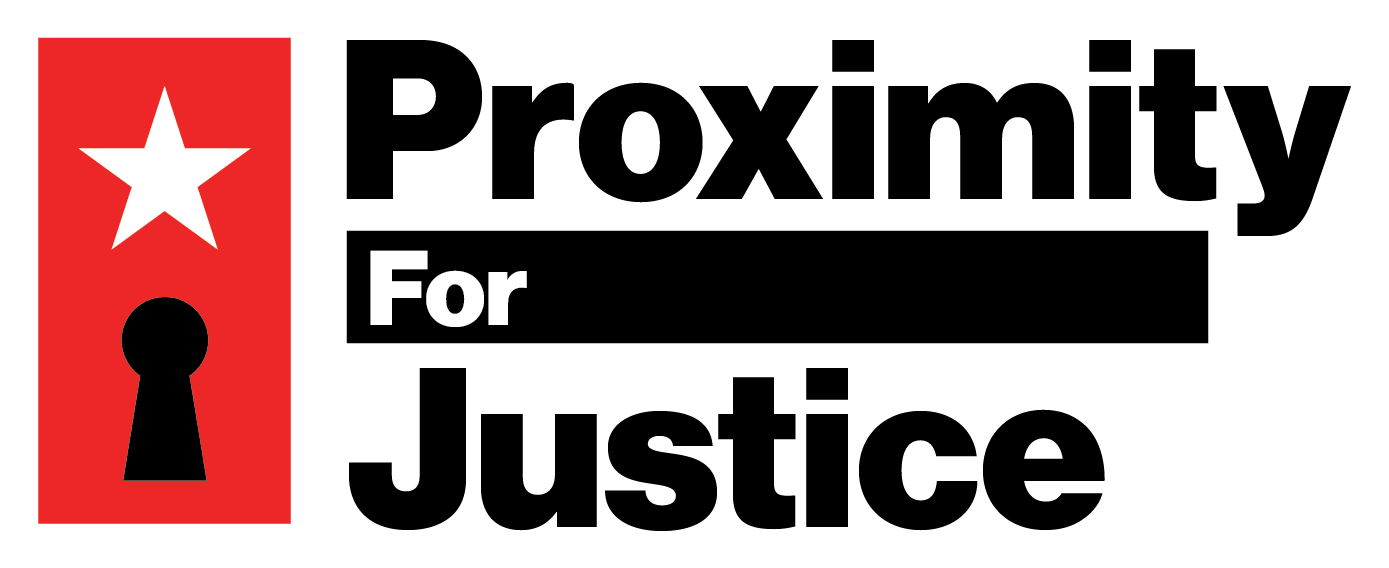Everybody out of the box | C. Carroll | TEDxWashingtonCorrectionsCenterforWomen 2015
This speaker talks about transcending the traditional gender boxes, which are a foundational portion of the consensus reality map of Western culture. I am an idealist. I believe people are basically good and do the best they can with what they know. I have worked as a manager, a therapist, a consultant, a trainer and a coach. I found people had the same basic needs to love and be loved and have purpose in their lives, with similar experiences of sadness, loss and joy. I am also a philosopher. I believe that we see the world that we believe in, and our mind map of reality is created by our early life experiences and our society.
What’s the difference? | Chris Hubert | TEDxWashingtonCorrectionsCenterforWomen 2015
Chris Hubert talks about his professional experiences and acknowledges the differences in working with male and female offenders. He promotes a shift in thinking. In a little over 27 years of public service, I have seen many shifts in philosophy, training, and implementation. I’m excited to see the Washington State Department of Corrections continuing to innovate in the area of gender responsiveness by embracing the best research and practices so that our department remains a recognized leader in evidence-based corrections. I was born in Texas almost 57 years ago. I have traveled a lot, mostly in America. My experiences range from a fairly well-off upbringing to being homeless, more than once, to being rich now. I consider myself rich because I have a family I love and who loves me as well as a home and career I really like and take pride in. I love my pets and enjoy hobbies such as reading and woodworking with reclaimed lumber. Having had times in my life when I had almost nothing, I am all the more appreciative of what I have now.
Judging societies by women’s prisons | Emily Salisbury | TEDxWashingtonCorrectionsCenterforWomen 2015
Dr. Salisbury asks people to consider the positive social impacts that can occur by adopting policies and procedures in prisons that start with women in mind. Given that women inmates are oftentimes dismissed or ignored among prisons systems, Salisbury illustrates the social and legal consequences of placing policies on women inmates that were originally designed for men. Fortunately, gender-responsive strategies exist to help agencies adopt more effective policies, creating a safer society for all of us. Emily J. Salisbury is an Associate Professor of Criminal Justice at the University of Nevada, Las Vegas. Dr. Salisbury’s primary research interests include correctional assessment and treatment intervention strategies, with a particular focus on female offenders and gender-responsive policy. She was the project director of two research sites that developed and validated the Women’s Risk/Needs Assessment instruments, which is a series of correctional assessments specifically designed to treat the needs of justice-involved women.
